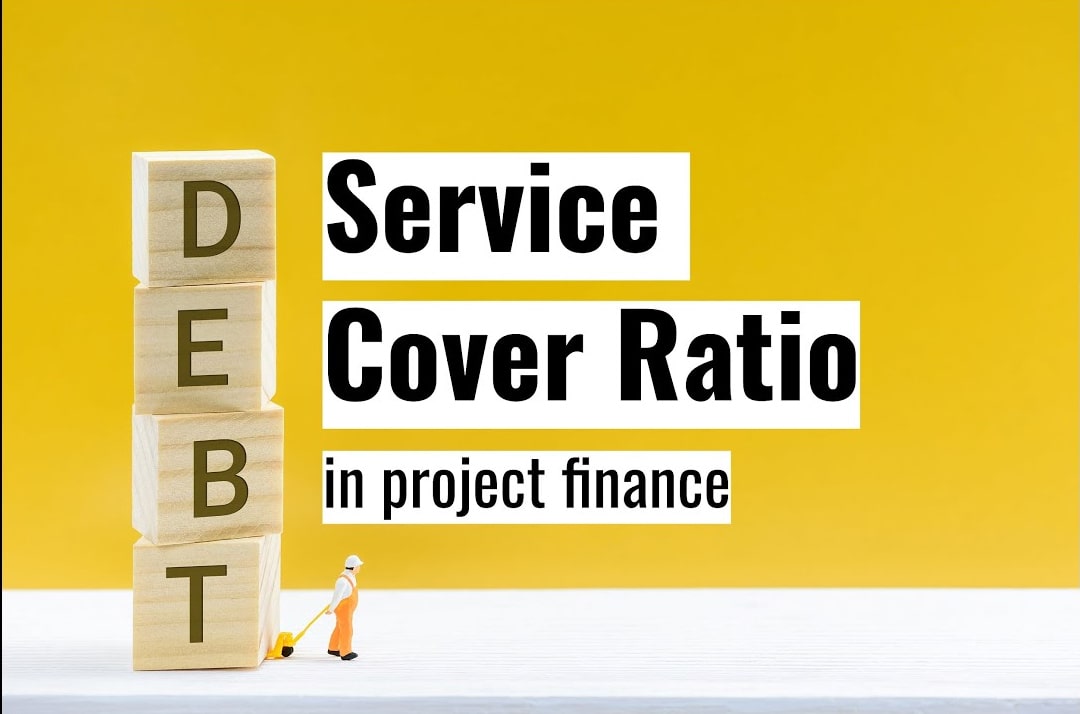
ImageCredit: youtube
What is a DSCR Loan and How Does It Help? When approving a loan, a DSCR Mortgage takes into account the Debt Service Coverage Ratio of the property. The DSCR is calculated by dividing total debt service (TDS) by net operating income (NOI).
Read: How to Get Loan For a Barndominium?
The DSCR credit program is expected for Land Financial backers and Home loan Intermediaries who need to meet all requirements for a home loan in light of the positive income produced by their speculation properties as opposed to paying verification, government forms, work data, etc.
As they are able to quickly determine a borrower’s ability to repay without requiring income verification, lenders use DSCR mortgages to help real estate investors qualify for loans. Because they are not required to provide proof of income in the form of tax returns or pay stubs, which many investors do not possess or do not accurately reflect their income, these real estate investors can qualify for the debt service coverage ratio loan more quickly. Instead, they are required to provide proof of income in the form of bank statements from the rental income generated by investment property.
For commercial or multifamily properties, the Debt Service Coverage Ratio is calculated by dividing Net Operating Income by Debt Obligations.
The Most Significant Advantages of a DSCR Mortgage Loan are as follows:
- Lenders of DSCR loans do not take personal income into account.
- Their application and closure times are quicker.
- You can focus on numerous properties at the same time.
- Cash-out is is unlimited.
- Ideal for real estate investors of all levels.
How Do You Choose the Best Lender for Your DSCR Loan?
When looking for the best DSCR lender, your specific requirements and financial situation should come first. Whether you’re looking for a bank statement loan, an interest-only loan, or a conventional loan, you’ll want to make sure you get the best terms and interest rates when looking for a mortgage for your Debt Service Coverage Ratio.
1. Use Loan-to-Value or Other Factors as Filters
When it comes to a mortgage for a home or investment property, a lot of different things can affect your interest rate and how much you pay each month. However, loan to value (LTV) and debt to income (DTI) are two of the most significant factors.
Your LTV is the ratio of your mortgage loan to your home’s appraised value or purchase price, whichever is lower. For instance, if you are purchasing a home for $200,000 and require a mortgage loan of $160,000, your LTV is 80%.
The debt-to-income ratio is the proportion of your monthly gross income that is used to pay off your debts (like your mortgage). All of your monthly debt payments, including your proposed mortgage payment and credit card bills, are included in your DTI.
A mortgage loan may be harder to qualify for with a higher LTV or DTI, which typically means a higher interest rate. Therefore, if you want to find the best lender for DSCR loans, make sure to compare rates and terms from a number of lenders.
2. Remember that You’re “Shopping.”
We use the expression “mortgage shopping” since you ought to investigate more than one DSCR credit moneylender. In addition to comparing mortgage rates and terms, you should also compare each lender’s fees.
Depending on cash flow, some DSCR lenders may charge higher origination fees, while others may offer a lower rate but compensate by charging a higher annual percentage rate (APR). Contact HomeAbroad to obtain estimates from multiple DSCR lenders and select the one that is most suitable for your situation.
3. Expense Comparison
Ask about any expenses that you might be at risk for. These expenses might be evaluated for the advance application, examination, record planning, investigation, legal official administrations, handling, guaranteeing, and different administrations. Typically, loan origination fees are billed upfront. Borrowers should anticipate fees that range between 0.5 percent and 1 percent of the total amount they borrow, although fees may vary from lender to lender.
4. Inspect Surveys and Follow an Inquiry Checklist
Ask your DSCR contract moneylender or broker the following sorts of inquiries:
- How many years have you been in operation?
- Do you outsource your processing, underwriting, and funding?
- Could you please provide an explanation of your fees?
- What type of loans are there?
- How much cash might I get at any point?
- How much will my down payment be?
- Is there a penalty for early payment?
- What other services or programs do you offer in addition to offering a mortgage rate that is competitive?
- How crucial is selecting the right DSCR loan provider?
There are many reasons why choosing the right lender is crucial, including the fact that doing so can save you time, money, and stress in the long run.
- Firstly, some unacceptable bank could wind up setting you back more cash as far as financing costs and expenses.
- Second, getting a loan from the wrong lender could delay the process, costing you opportunities to buy properties or even your earnest money deposit.
- Thirdly, getting a loan from the wrong lender could be stressful.
- Fourth, if you don’t like your DSCR lender, you might feel like you have to stick with them for the rest of your loan’s term.
- Last but not least, if you have a positive working relationship with your lender, they might be able to be of assistance to you in the future.
What Kinds of DSCR Loan Lenders Are There?
The two principal kinds of DSCR loans moneylenders are:
1) Banks
When most people think of getting DSCR loans, the first place they think of is a bank. However, banks have strict underwriting guidelines and frequently demand a substantial down payment, a solid employment history, and a high credit score. Business owners who are able to demonstrate consistent deposits in their bank accounts but who have difficulty documenting their income are eligible for Bank Statement Loan programs.
2) Private Lenders
Individuals who may not be eligible for conventional bank loans may benefit from using private lenders. Confidential banks frequently have more adaptable endorsing rules and can work with individuals who do have not exactly wonderful credit or business history. Private lenders offer interest-only loans, which can be beneficial to real estate investors who want to keep their monthly cash flow payments low.
Requirements for DSCR Loans
It might sound odd to learn that a lender won’t inquire about your personal income. As it doesn’t matter for profitable real estate investments, lenders won’t even look at your personal debt-to-income ratio. Investors are able to maintain it indefinitely so long as rental income is greater than expenses. Additionally, DSCR lenders offer more adaptability. With a DSCR loan, you can get the money you need to buy a property with more than four units or a non-warrantable condo. For these kinds of properties, investors are unable to secure conventional mortgages. As long as you locate rentals with favorable DSCRs, you are free to acquire as many properties as you like.
Lenders won’t just take your word for it that a property can generate enough cash flow to meet their DSCR minimum, despite the fact that DSCR loans can assist investors in rapidly expanding their rental property portfolios. Instead, if you are unable to provide a signed lease agreement, they will ask for a property appraisal or a signed lease agreement to see the current rental income. You might have to pay a higher interest rate on your mortgage as a result of an appraisal because it raises the risk for the lender.
You will likewise require great credit and a high initial installment to get credit. Most loan specialists will give funding on the off chance that you have a 640 credit score rating, however, a higher score qualifies you for a lower financing cost. To get a mortgage, you will also need to put down at least 20%. In spite of the fact that it’s really smart to put 20% down for a customary home loan, you can get a home with just 3% down. DSCR loan specialists don’t give this choice. The loan can only be obtained if your loan-to-value ratio (LTV) is less than 80%.
Conclusion
I hope this article has provided you with some guidance on what to look for in a DSCR lender. If you liked the post then please do share it with others. Thanks for reading this post.








